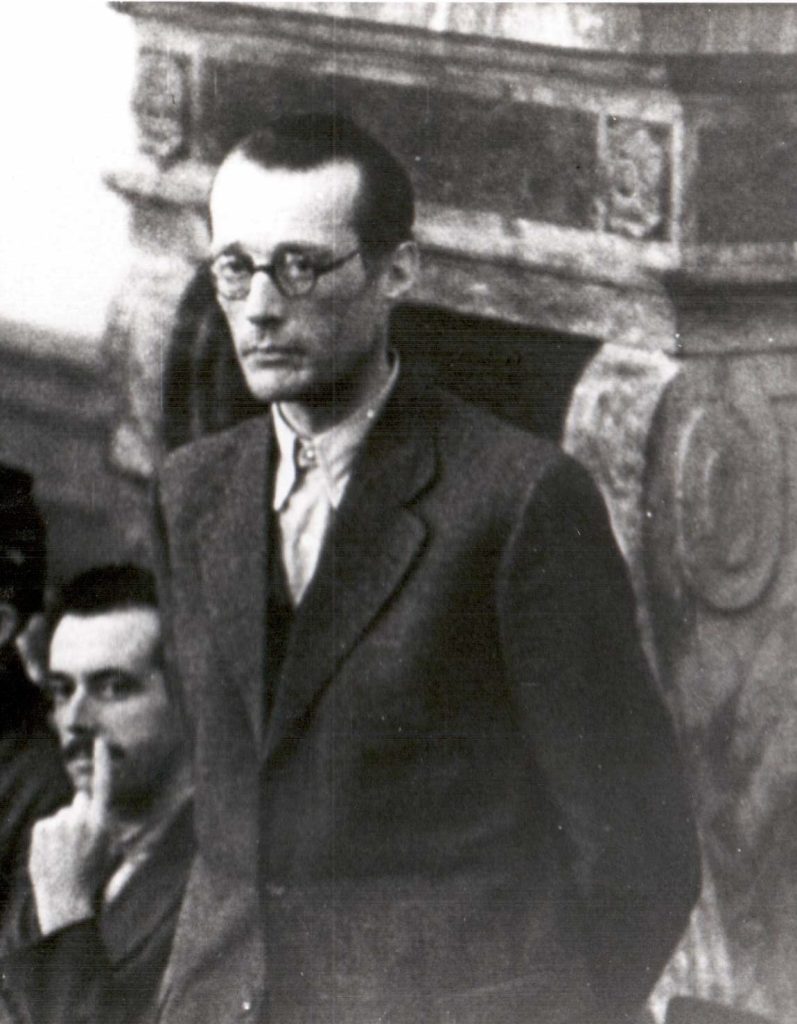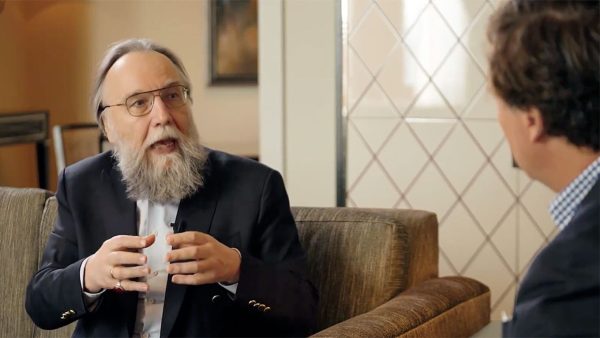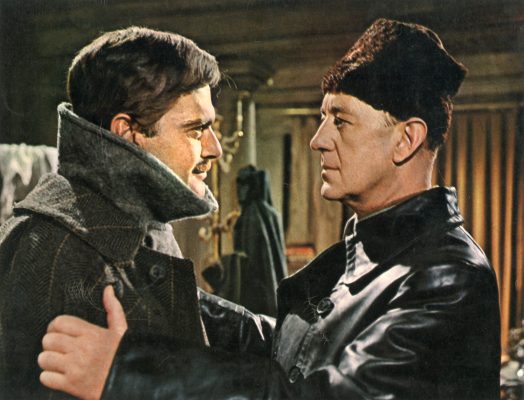Alexey Navalny defied his oppressors until the very end. Not even in his Arctic penal camp, not even after having spent weeks upon weeks in an isolation cell, did he cave.
Such courage puts him in the rarefied company of — let’s be honest, the small number of — men and women who confronted dictators. Indeed, Navalny’s death illustrates the extraordinary bravery required of those supporting freedom and democracy in dark corners of the world.
And underlines that victory in this high-stakes battle is not always about holding onto life; sometimes it results from the resistor’s death. The medieval world knew this — martyrdom for a great cause can shake the earth.
In a video recording from January, Navalny seemed untouched by the misfortune that had befallen him. Speaking from the IK-3 penal colony in the Russian Arctic, around 1,900km (1,200 miles) northeast of Moscow, he joked that he was so far away that Christmas cards hadn’t yet reached him.
The Russian opposition leader, of course, couldn’t know this would be the last time he’d be seen in public. His smiling but gaunt face in the bare prison facility has already become a lasting memory and a testament to his faith in a better Russia.
Almost 80 years earlier, Count Ulrich Wilhelm Schwerin von Schwanenfeld displayed similar fortitude. He faced trial in Nazi German “People’s Court” in Berlin, where the notorious Judge Roland Freisler, as was his wont, presided with a mix of vile outbursts and sadistic sentences.

In Freisler’s trials, there was no hope for the accused. Schwerin knew he’d be executed. Still, he could have done what many otherwise exceptionally brave men and women have done when put on show trials: recant.
He could have denounced the strongly anti-Nazi beliefs he had held ever since Adolf Hitler’s Beer Hall putsch in 1923. He could have denounced the anti-Nazi friends — the military officers, diplomats, and senior civil servants — with whom he had painstakingly planned attempt after attempt to remove Hitler. He could have denounced the men who, with him, formed the inner circle of the July 20 assassination attempt on Adolf Hitler. It was for his participation that the landowner and deeply committed Christian was now on trial.
But Schwerin remained steadfast. We know exactly how steadfast because, remarkably, a brief film recording of his trial survives. This shows him patiently trying to explain why he objected to the Nazis’ killings of Polish Jews and Christians, only to be constantly interrupted by the screaming Freisler, who, among other things labels him a “shabby lump” and a “pile of misery”.
Schwerin, who had written his will long before being arrested, had stipulated that after his death a cross be raised on his farm for the Poles killed by the Nazis.
What did it matter that he and a few others tried to stop Hitler? What did it matter that Schwerin wanted to do something for the Poles killed by the Nazis? He was never going to stop Hitler and his brutal machine, and even the July 20 coup had only slim chances of success.
But he and his fellow dissidents risked their lives by opposing Hitler anyway because if nobody does anything there’s definitely no chance of anything changing. As Yulia Navalnaya, Alexei’s widow, said in a video message after his death, in which she called on Russians to continue Alexey’s work: “There’s no shame in doing little. There is shame in doing nothing.”
And there’s another reason why opposing dictators and other oppressors is the right thing to do, even though it may seem a hopeless undertaking: if nobody dares to voice opposition, a country is condemned to eternal infamy.
Today’s Germans can take some consolation from knowing that not everyone was a Nazi or a coward. Tomorrow’s Russians will hopefully take some consolation from knowing that there were people like Navalny who stood up for freedom.
“They took the certainty that they had chosen the right thing with them, even in failure and death,” said Wilhelm von Schwerin von Schwanenfeld, Ulrich-Wilhelm’s oldest son, at the 2008 commemoration of the July 20 coup.
The commemoration takes place every year at the Bendlerblock, which now as in 1944 hosts Germany’s military headquarters. As soon as the coup failed, von Stauffenberg and several of the other military participants were taken to the courtyard and executed. (The other participants were hunted down and put on trial in front of the beastly Freisler.) Today the Bendlerblock’s memorial to the July 20 members serves as a reminder of the importance of resisting dictatorship and tyranny.
When I interviewed Navalny years ago, he reflected on the courage of Russians less well-known than him, because they, he pointed out, faced even more severe peril than he did. How many of them are in prison? How many have died an unnatural death? We don’t know. But their courage will give consolation to future generations.
“You are driven by a perverse love of Germany! Perverse!” yelled Freisler at Schwerin during the trial.
What Freisler and the Nazis couldn’t abide was, of course, that Schwerin didn’t see Germany as synonymous with Nazism.
That’s why dictators and autocrats hate dissidents so much: the dissidents don’t view their countries as being one with the regime. They can see their country in a different guise. Navalny, too, could see his country in a different guise.
Elisabeth Braw is a Senior Fellow at the Atlantic Council.
Europe’s Edge is CEPA’s online journal covering critical topics on the foreign policy docket across Europe and North America. All opinions are those of the author and do not necessarily represent the position or views of the institutions they represent or the Center for European Policy Analysis.





